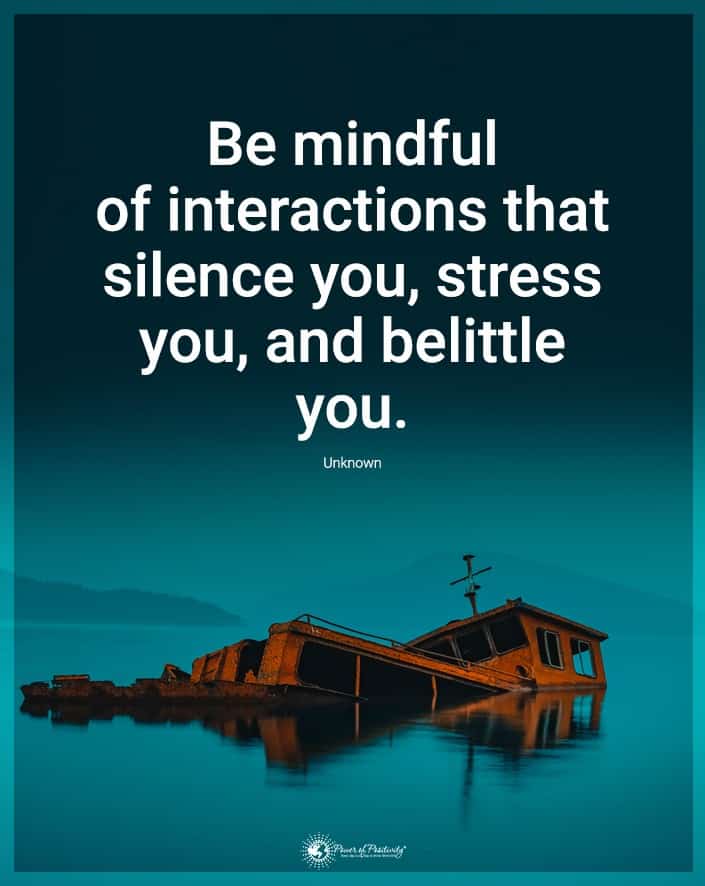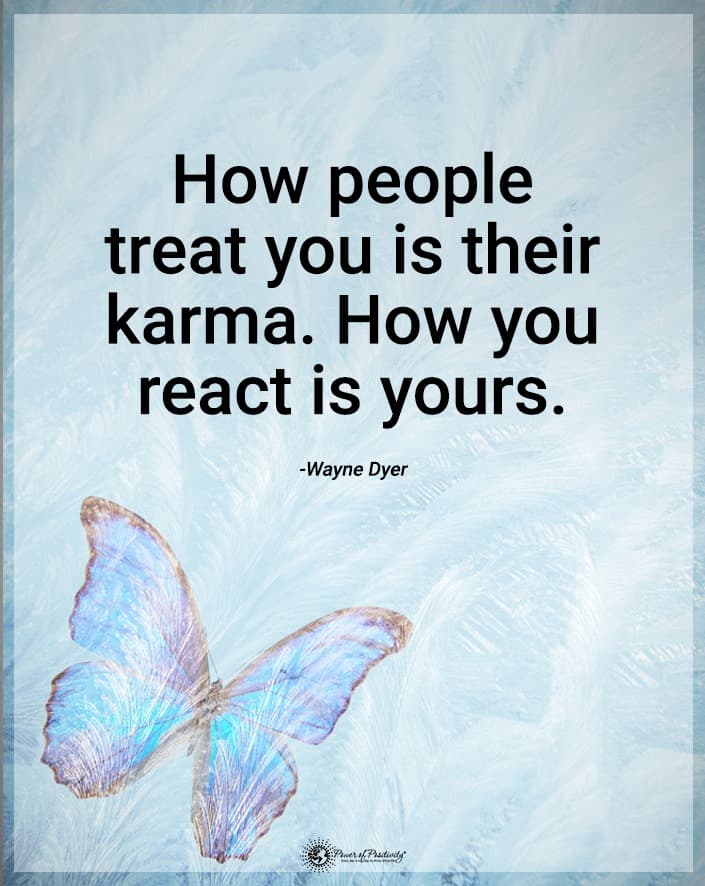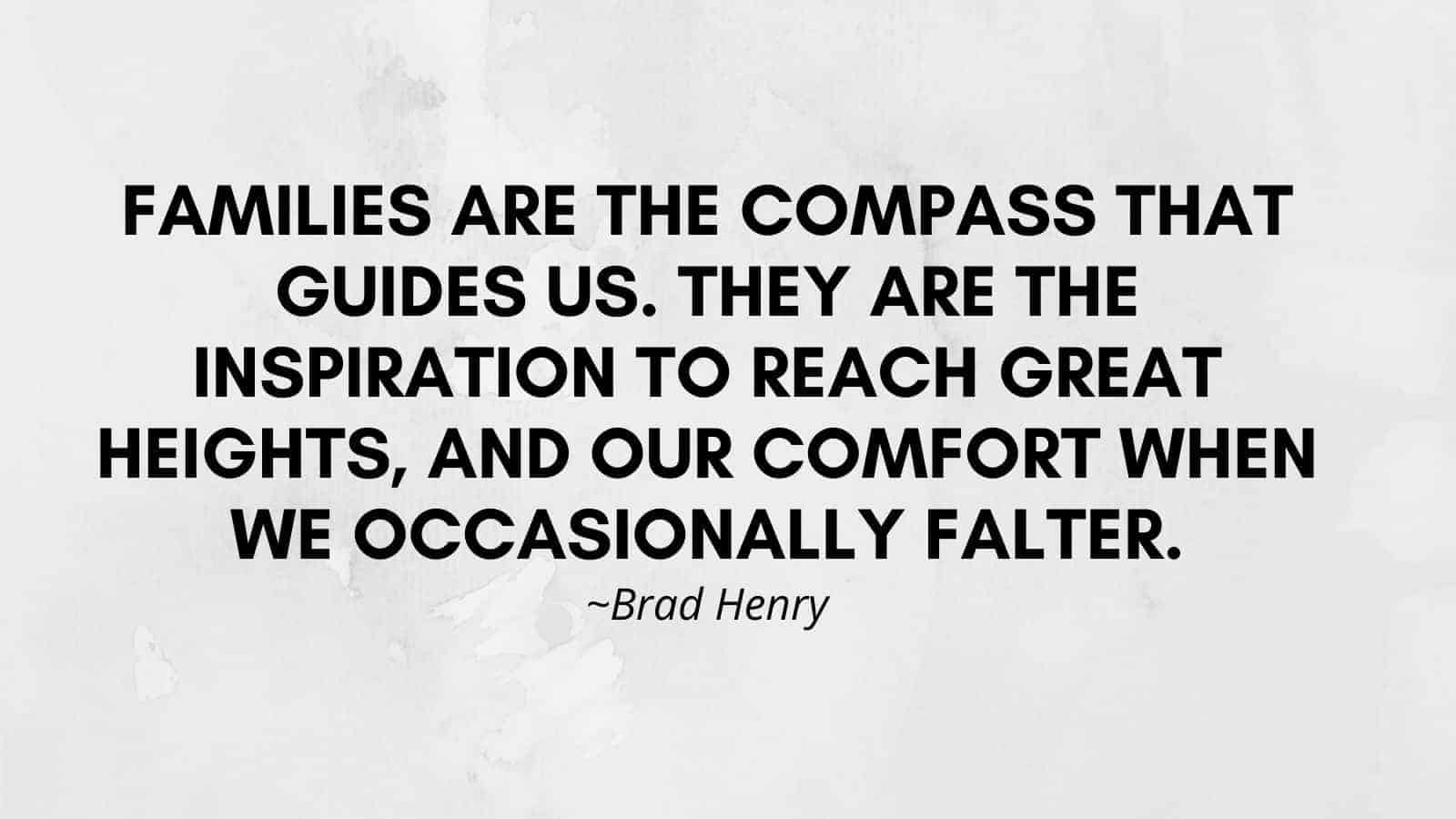Most marriage counselors believe in the importance of complete disclosure between partners. We must curb lying from “little white lies” to closeted skeletons. The rationale for full disclosure is relatively straightforward: all cards are on the table, and no secrets in our past life can come back to bite us. Putting everything out there in plain sight is an act of honesty, integrity, courage, and strength. The bottom line, the foundation of a healthy relationship relies on trust.
“Secrecy is the enemy of intimacy. Every healthy relationship is built on a foundation of honesty and trust.” – Dave Willis.
Never Hide These Five Things From Your Partner
Here are some shared secrets you shouldn’t hide from your partner:
1. Secrets from your past
There’s a time and place for everything; disclosing your past is an excellent example. This “talk” generally occurs during the early phases of a serious relationship – and certainly before marriage.
Your past may not define you, but it has molded you, and sharing these experiences with your partner helps them understand the person you’ve become. Abuse history, alcohol/drug history, family history, and sexual history are examples of past events.

2. Health-related secrets
“Through sickness and in health” is an oft-cited phrase in wedding vows, and for a good reason.
Most people who refrain from divulging health-related information do so with good intentions: they don’t want their partner to worry. Or, they believe, “I can handle it myself.”
We often imagine our health problems as a vast relationship barrier, but this is rarely true. If your partner loves and cares about you, they’ll walk by your side with unwavering support.
3. Financial secrets
Statistics show that 40 to 50 percent of all marriages end in divorce – and money problems are the leading causes. Two people with different money values, for example, if one is an impulse buyer and the other is a habitual saver, must reconcile these differences and come to an understanding.
Entering a partnership/marriage should end any “my money, your money” ways of thinking. It is no longer your money or their money but yours.
Financial transparency is crucial to relationship happiness and, quite possibly, relationship sustainability.
4. Relationship Secrets
Relationship experts differ on whether or not to discuss past relationships. Rationally, some guy or gal you dated – and any irrelevant details – needn’t be brought up.
Of course, if a “past” involving an ex still affects you, your partner should be made aware. Dr. Helen Fisher, the chief scientific advisor to Match.com, states:
“The brain really does remember (these effects), and it remembers this forever. (It’s) entirely possible that the brain is built this way so that you can remember why it didn’t work so that you can do it better the next time.”
5. Intimacy Secrets
Being in a relationship is a profoundly intimate experience that involves constant communication. Even long-married couples still have trouble sharing their true feelings about things. This is particularly true if one person feels their relational needs go unmet.
Avoiding communication – about emotional needs, goals, and dreams, sexual desires, anything at all – can, and likely will, create mounting problems in your relationship.
How to Reveal Your Secrets to Your Partner
Almost all couples have a least a few secrets they’ve kept from their partner. If you have kept anything from your significant other, it’s likely time to clear the air and get it out. However, that’s easier said than done, but some tips can help you vocalize the situation.
Step 1: Be Truthful
When you tell your partner about your situation, ensure you’re honest. If you reveal something but you’re not entirely truthful, it won’t help. Don’t bend the truth to spare your partner’s feelings or make yourself look better.
Be straightforward and get the truth out there right now. If you don’t, the truth could come out later, destroying whatever trust your partner had for you. It’s not worth the risk, and bending the truth won’t make you feel better.
Step 2: Determine What You Want the Result to Be
Spend some time thinking about how you want this situation to go. Decide what you want to happen, but prepare yourself for the worst-case scenario just in case. If you know what you want, you’ll better understand how you should handle the situation.
However, if you don’t know, you’ll go into the conversation without a result in mind, potentially hindering the process. You never know your partner’s response to your secret will be, even if you try to guess, and you may end up with the best or worst-case scenario. Since you never know, prepare for both situations, but keep your desired result in mind.
Additionally, start taking action immediately to get on track for your desires. It’ll show your partner that you’re serious about what you want, increasing the chances that they will react the way you want them to.
Step 3: Choose the Right Time and Place
Timing and location can make a difference when you divulge a secret to your partner. Sometimes waiting to tell bad news or have a difficult discussion is appropriate. Don’t divulge a secret during a holiday or special event because they’ll always associate the situation with the day.
Additionally, you’ll want to wait until you have your facts straight before beginning the conversation. However, don’t wait weeks or months to divulge the information. Wait until you have your partner’s undivided attention, too.
When it comes to choosing a place, avoid public locations. You never know how your partner will react; no one wants a public scene. Your partner also won’t want to break down or process important information with others staring at them.
Step 4: Plan How You Will Handle It
Describe what you will say or do when telling your partner your secrets. Thinking about how you want the situation to go is essential, but planning for either scenario is also important.
If the secret you must tell your partner involves a life change, come up with some solutions before telling them. Having solutions will lessen the impact of your news, even if it’s still not ideal. If you don’t have answers, give your partner a generalized plan about what’s coming next.
If your secret doesn’t involve a life change, it requires little planning. Consider what you will say to your partner, and plan how to respond to their reaction.
Step 5: Practice What You Want to Say
Don’t go into the situation without practicing what you want to say first. Rehearse what you plan to say aloud while looking in the mirror or to a trusted friend. Saying it aloud helps you recognize areas that need work or don’t sound how you wanted.
Suppose you have a friend who can help, ask them to give feedback on your speech. They can help you get it right, improving your chances of a beneficial conversation with your partner. Additionally, it’ll help you become more comfortable sharing your secret.
Step 6: Stay Calm
You don’t want to panic when you tell your partner your secret. Take some time to calm down before beginning the conversation. Otherwise, your partner will be worked up, too, and they won’t be as likely to handle it well.
Even if you have the worst-case scenario in mind, take a few deep breaths to help calm down. Your energy will affect how the situation goes. Remember that you’re strong, and everyone makes mistakes.
Step 7: Take Responsibility
When you do something wrong, taking responsibility for it is essential. Own up to the situation and admit when you need to make some changes in your life. When you take responsibility, your partner will take the news much better than if you try to downplay the situation.
Don’t minimize your role or act like it’s not a big deal. Additionally, don’t blame anyone else or imply that it doesn’t have anything to do with your significant other. Taking responsibility shows you’re willing to do the work to grow and learn.
When you take responsibility, make sure you apologize, too. Apologizing is often overlooked but can make a difference in the outcome.
9 Reasons Why Honesty Strengthens Relationships
While everyone keeps secrets sometimes, they can stand in the way of a healthy relationship. Honesty is the best way to strengthen your relationship, so don’t hesitate to be forthcoming.
1. Helps Build a Healthy Foundation
Research shows that honesty in a relationship encourages a sense of strength and reliability. Being vulnerable enough to tell the truth, helps build a healthy foundation. Openness also promotes life satisfaction and self-control, increasing your chances of lasting relationships.
2. Encourages Healthy Communication
Anytime you keep a secret, it interferes with communication in your relationship. You will have to overthink before talking to avoid revealing the truth, and causing inorganic conversation. Healthy communication lets you say what comes to mind without filtering it first.
The person withholding the truth might become less receptive and emotionally distant. For the person who doesn’t know what’s going on, it can cause frustration. These feelings cause a disconnect, harming the relationship.
However, if you’re always honest, nothing will hold you back from communicating with your partner. You won’t be worried about saying the wrong thing because you aren’t hiding anything from them. It’ll also make it easier to overcome conflict and bring you closer together.
3. Makes You Both Comfortable
Honesty fosters a sense of safety and security, making both partners feel comfortable. Research shows that when you’re both comfortable, it boosts self-love and promotes positive mental health. You won’t waste time worrying about what your partner is up to, and you’ll feel confident that they won’t leave.
4. It Promotes Trust
The best way to build trust is by being honest, and research backs this theory. When someone keeps secrets, it causes their partner to become less trustful. It creates an endless cycle that damages the relationship, sometimes beyond repair.
However, honesty and trust encourage people to look for the good in you. If your partner trusts you, they’ll notice the positive things, repeatedly making them fall in love. They will also see that you’re considerate because you believe they deserve the truth.
5. Eases Stress and Anxiety
If you’re holding something back, your partner will likely pick up on it. They’ll spend their time worrying and wondering what it could be that you’re lying about. Rather than put your partner through the guessing games, you could reveal your secret.
Lying causes stress and anxiety in your partner. Telling them the truth frees them of those feelings, allowing them to feel secure in the relationship.
6. Allows You to Learn
Telling the truth helps you learn how to interact with people. When you make honesty a habit, it reveals what people appreciate knowing. Plus, it teaches you how you should phrase things when the truth isn’t positive.
You’re not the only person who will learn from your honesty. The other people around you will pick up on your habit and feel inspired to be more honest too.
7. Promotes Respect Within the Relationship
Being honest with your partner shows that you respect them, and they’ll likely return the favor. Show courtesy by telling them things without waiting for them to ask directly. Don’t hold back; you’ll likely have a healthy relationship.
When your partner feels respected, they’ll be more comfortable being themselves. They’ll show their best qualities and allow you to do the same.
8. Encourages Acceptance
Even if you and your partner have many things in common, you’ll still experience disagreements sometimes. Being honest with one another encourages acceptance in your relationship, making it okay to disagree.
Being open about who you are and your thoughts makes it so you never have to pretend. It allows you to have separate opinions without interfering with the integrity of your relationship.
9. Gives a Sense of Freedom
When you’re honest with your partner, it gives you the freedom to be yourself. You won’t have to worry about hiding things and keeping secrets to avoid upsetting your significant other. Plus, you’ll be free to know that you’re appreciated and loved for who you are.

Final Thoughts on How Keeping Secrets from Your Partner Hinders Communication
Most experts consider a lack of communication the leading cause of unhappiness and discontent.
The solution to most problems within a relationship is effective communication. “Prevention is the best cure,” and communication – for all intents and purposes – is the key to preventing problems from snowballing during a relationship.
Make time and effort to communicate with your partner, even if the topic is uncomfortable. Keeping open lines of communication throughout a relationship will help preserve intimacy, love, and devotion to each other. On the other hand, maintaining secrets blocks communication lines, destroying trust and faith in each other.










